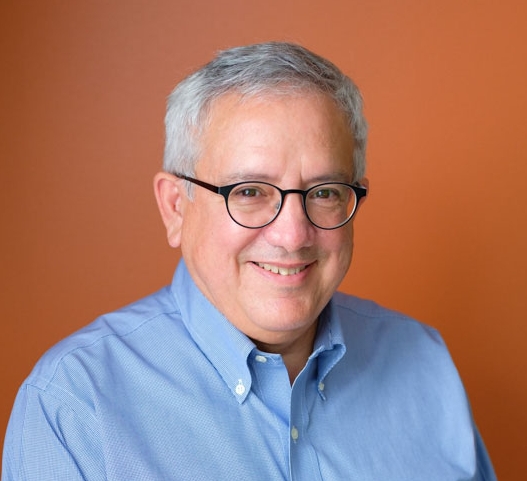Event Recap
On November 3rd, the Latino Center for Health (LCH) hosted the Latinx Long COVID Symposium—Study Findings & Pathways to Health. The interactive event featured in-person attendance at Heritage University, and remote attendance via Zoom, and convened 50 local community leaders, elected officials, health officials, and key stakeholders from across the state.
The symposium presented the findings from the long COVID study conducted by the LCH, which surveyed Latino patients from across Washington state to determine the prevalence of long COVID and its impacts on the physical, mental, and social well-being of those affected. The study was conducted in partnership with SeaMar Community Health Centers, Yakima Valley Farmworkers Clinic, the Allen Institute for Immunology, DataStat, and the UW Medicine Long COVID Clinic.
Key Takeaways
Some key takeaways from the long COVID study are:
- 41% of survey respondents reported symptom duration consistent with long COVID.
- Fatigue, muscle pain, anxiety, and sleep difficulty were the four most commonly reported long COVID symptoms. See figure below.
- 29% of respondents with long COVID symptoms reported having a change in their health of ‘‘worse’ or ‘much worse’ after their first COVID infection, compared to 7% of those without long COVID symptoms.
- Respondents with long COVID symptoms were more likely to report changes across quality of life measures including pain, mental health, sleep, social function, cognitive function, physical function, and fatigue. See figure below.
- 39% of respondents with long COVID symptoms reported being very worried about losing their job if they were to miss two days of work due to illness.
Symposium Discussions
Towards the end of the symposium, participants moved into breakout rooms and discussed strategic next steps. LCH notetakers transcribed these conversations and plan to take the insights and input from the wide range of voices that participated to highlight areas of need and inform policy recommendations.
What’s Next?
The LCH will disseminate several materials related to the long COVID study and symposium in the coming weeks, including:
- A policy brief, accessible via the LCH website
- An infographic, highlighting key insights from the study
- A full recording of the Symposium
If you have questions regarding the study, symposium, or future collaboration with the Latino Center for Health, please email latcntr@uw.edu.
Materials
Slides presented at the long COVID Symposium by Dr. Leo Morales of the Latino Center for Health, and Jazmine Castillo and Samir Racid Zaim of the Allen Institute for Immunology:
Slides presented at the long COVID Symposium by Dr. Janna Friedly of UW Medicine:

